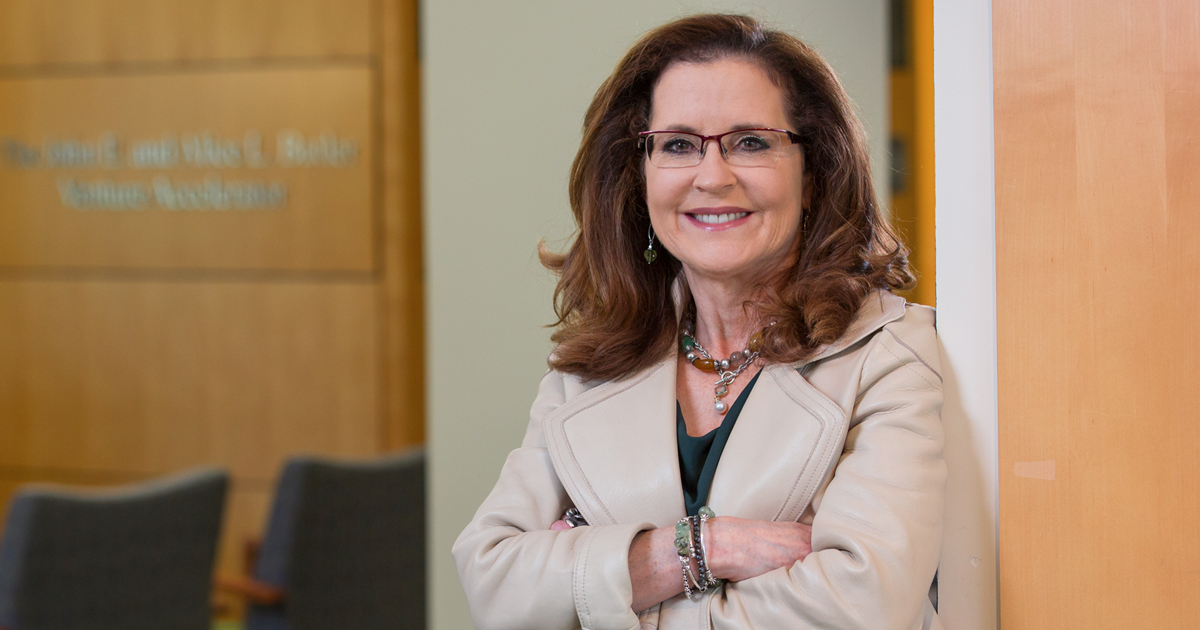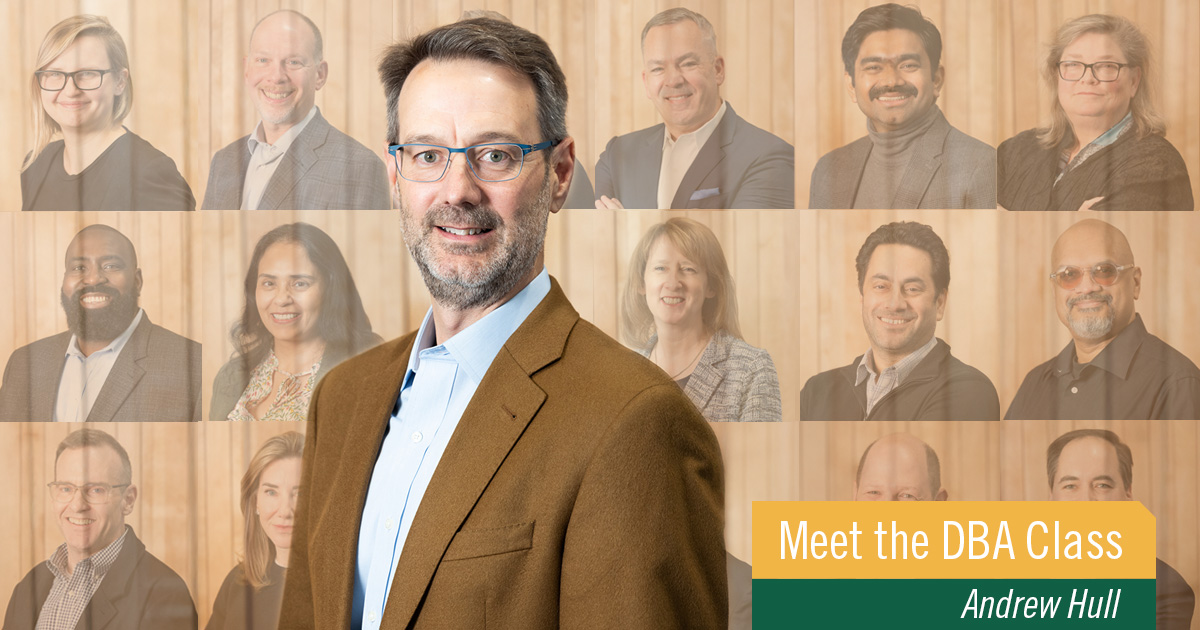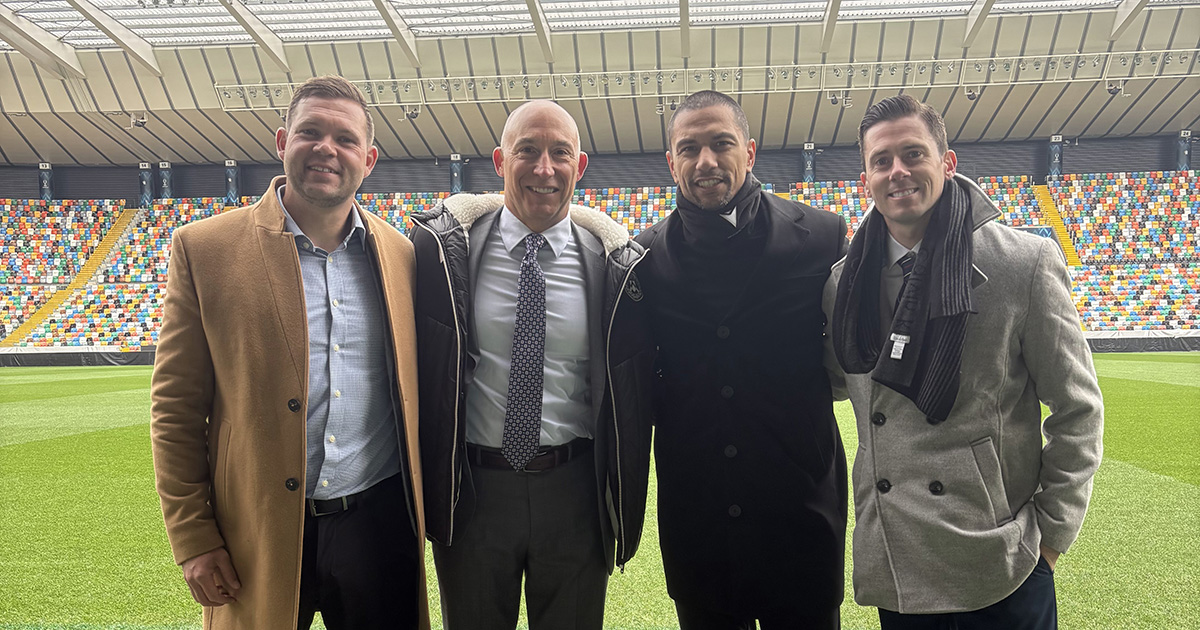Women Supporting Women

At the age of 8, Susan Duffy started her own school. Teaching the neighborhood kids reading and writing, she put together a curriculum and collected tuition by knocking on the doors of parents and asking for contributions.
Duffy made sure to keep her students well fed. “I remember my mom was upset that I was giving away all our snacks,” says Duffy.
That impulse to teach, to help people reach their full potential, has stayed with Duffy through the years. Since 2011, she has been the executive director of Babson’s Center for Women’s Entrepreneurial Leadership (CWEL).
Through mentoring, scholarships, and research at Babson, CWEL aims to fully harness the entrepreneurial power of women. “We aren’t thoroughly supporting half of the population to optimize their full potential,” Duffy says.
Among other programs, CWEL oversees The Diana International Research Institute, a platform for research focused on women entrepreneurs and their growth, and the Women Innovating Now (WIN) Lab®, a business accelerator for women entrepreneurs with locations in Boston and Miami.
CWEL works to inspire and empower women at a time when the world faces many problems, says Duffy. Society can ill afford to not have women completely engaged. “There is so much to do in this space,” she says. “There are so many possibilities for us to create a better world to engage the full potential of all humans.”
Inspired to Inspire
Duffy has had a long career that, before she came to academia, included stints working as a nutritionist in health care, as a chief operating officer at a commercial construction company, and as an entrepreneur, co-owning with family a Chinese restaurant franchise.
Her career took a turn in her late 20s when she attended a women’s leadership program. The program talked about gender bias, about self-confidence and influence, and Duffy felt inspired. “Wow, why didn’t I know about this earlier?” she remembers thinking. “At that moment, the teacher in me wanted to share that with all the women in the world.”
Duffy would go on to earn her PhD in management and organization at The George Washington University, where she started the Women’s Entrepreneurial Leadership program in 2001. Such a program was uncommon at the time, and it wasn’t popular with students. They saw it as outdated, as if the need for such an initiative had come and gone.
But the culture shifted as the years passed, Duffy says. Anne-Marie Slaughter published “Why Women Still Can’t Have It All” in The Atlantic, Debora Spar penned “Why Women Should Stop Trying to Be Perfect” in Newsweek, and Sheryl Sandberg wrote Lean In. Women seemed ready to talk about women’s issues once more. “The combination of the three enlightened a lot of people,” Duffy says. “People were saying, ‘It’s OK to talk about this again.’ ”
Many Initiatives
After George Washington, Duffy came to Simmons College, where she launched the undergraduate program in entrepreneurship. After that, her next stop was Babson and overseeing CWEL’s many initiatives.
CWEL’s undergraduate scholarship program, with 113 scholars last school year, is the largest of its kind at Babson. Its mentorship program, which involves undergraduates, graduates, and alumni, put together 94 pairs of mentors and mentees last year.
CWEL also provides instruction on campus about gender acumen, and it collaborates with Babson Executive Education on a host of programs, including “Launch and Grow,” which brings female Kenyan entrepreneurs to campus for a week of learning, and “From Opportunity to Action,” a women’s leadership program that can have a profound effect on attendees. Duffy has heard of women being inspired to change jobs or seek promotions. “Years later, I run into these women and they say, ‘That program changed my life,’ ” she says.
CWEL’s WIN Lab helps women entrepreneurs to navigate the typically masculine world of business, where more realistic and level-headed plans are often penalized in favor of risk taking and overconfidence. “Femininity is penalized,” Duffy says. “If you are in a pitch room, how do you recognize that, change the conversation to your advantage, and overturn that bias in the moment?”
For all the women who pass through CWEL, Duffy hopes they leave with the skills and confidence they need to create the impact they want to see in the world. “They walk out thinking, ‘I got this,’ ” she says.
Posted in Community




